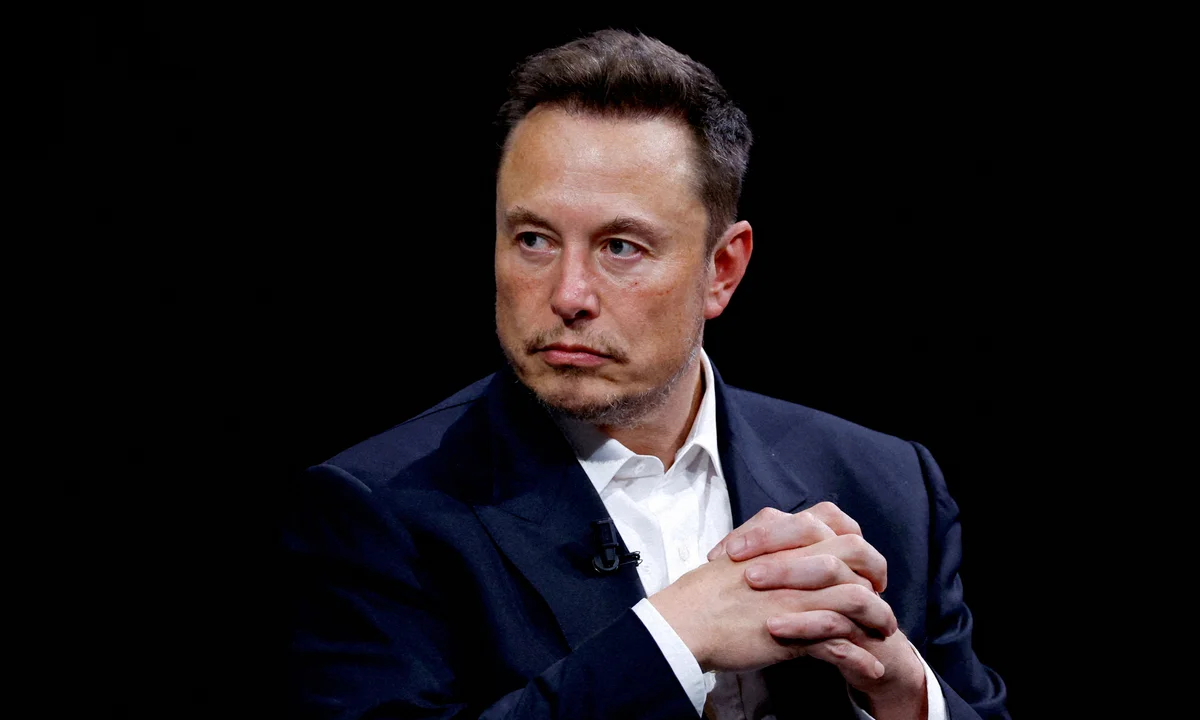As digital platforms continue to tighten their rules under new legislation, a growing number of users, companies, and rights groups are voicing frustration over what they say is a dangerous trade-off between safety and freedom.
The UK’s Online Safety Act—meant to shield children from harmful content—has triggered a storm of controversy that shows no signs of slowing down.
New Law Demands Age Verification, But Critics Say It’s Gone Too Far
At the heart of the issue is a new rule requiring users of websites and social media platforms to prove they’re over 18 before they can access certain content.
Sites like X (formerly Twitter), Facebook, TikTok, YouTube, and even Spotify and Xbox are being told to implement strict age checks.
These checks could involve uploading personal information such as ID cards, credit card details, or even facial recognition data.
But many users and privacy advocates are asking: why should someone have to hand over sensitive data just to watch a video, read a tweet, or listen to music?
X Joins the Critics: “Free Speech Is at Risk”
Elon Musk’s platform X has now added its voice to the growing list of critics.
In a strongly worded statement, the company warned that the Online Safety Act could end up stifling free expression.
They argue that the law, though well-intended, is pushing platforms to censor content far more aggressively than necessary—all under the label of “safety.”
According to X, the speed at which they were expected to comply with the new rules was unrealistic.
Despite their efforts, they still face threats of enforcement action and heavy fines, which could encourage companies to err on the side of removing content—potentially silencing lawful voices in the process.
Free Speech Advocates Sound the Alarm on New Police Powers
Adding fuel to the fire, the UK government has introduced a National Internet Intelligence Investigations unit—a team that monitors social media for posts considered threatening or violent, including those with anti-immigrant sentiment.
While officials say this is a move to prevent real-world harm, free speech advocates argue it’s a step too far.
They believe this type of monitoring, especially combined with the Online Safety Act, gives the government the ability to police thoughts and ideas, not just criminal behavior.
As one critic put it, “Safety should never come at the cost of liberty.”
Backlash Mounts with Petitions, VPNs, and Platform Warnings
Since the law came into effect, public pushback has exploded.
Nearly 500,000 people have signed a petition calling for the act to be scrapped.
Meanwhile, there’s been a sharp rise in VPN downloads as users look for ways to bypass the new restrictions altogether.
Spotify also came under fire after users were warned their accounts could be deleted if they didn’t verify their age to watch 18+ videos.
Some users were baffled, asking why listening to music now required age checks. Others threatened to cancel subscriptions altogether.
Big Brother Watch and Xbox Weigh In
Civil liberties group Big Brother Watch has also condemned the legislation, calling the age-check demands intrusive and unnecessary.
They warn that this level of control could have a “catastrophic” impact on freedom of expression across the internet.
Even Xbox has been pulled into the mix.
The gaming platform says it’s rolling out tools to ensure players experience age-appropriate content—and it’s now sending messages to UK users asking them to verify their age.
Government Insists the Law Protects Both Children and Free Speech
Despite the widespread backlash, the UK government is standing firm.
A spokesperson said it’s “demonstrably false” to suggest that the law undermines free speech.
They argue that the Online Safety Act balances two priorities: shielding minors from harmful content and protecting lawful expression.
They also point out that platforms have had months to prepare for the changes.
The law doesn’t require age checks for all content—only the most serious categories like pornography or content that promotes suicide or self-harm.
Failure to comply could result in massive fines, potentially up to 10% of a company’s global revenue.
Political Row Intensifies as Farage and Labour Clash
The debate turned ugly earlier this week when Labour’s Technology Secretary, Peter Kyle, took a swing at Reform UK leader Nigel Farage.
Kyle accused Farage of siding with “extreme pornographers” and even likened his stance to sympathizing with notorious criminals like Jimmy Savile.
Farage hit back, calling the comments “disgusting” and demanding a retraction.
But Kyle stood by his remarks, further inflaming tensions around the already divisive legislation.
What Comes Next?
The Online Safety Act was passed with the intention of creating a safer online space for children—but its rollout has ignited a firestorm over privacy, censorship, and government overreach.
While platforms are scrambling to comply, public frustration is growing, and the conversation around the law’s real-world consequences is only just beginning.
Whether lawmakers will revisit the policy or double down remains to be seen.
But one thing’s clear: the battle between safety and freedom online is far from over.
